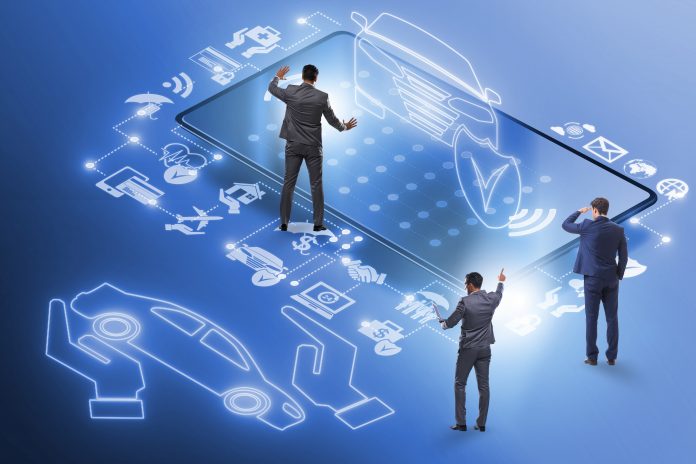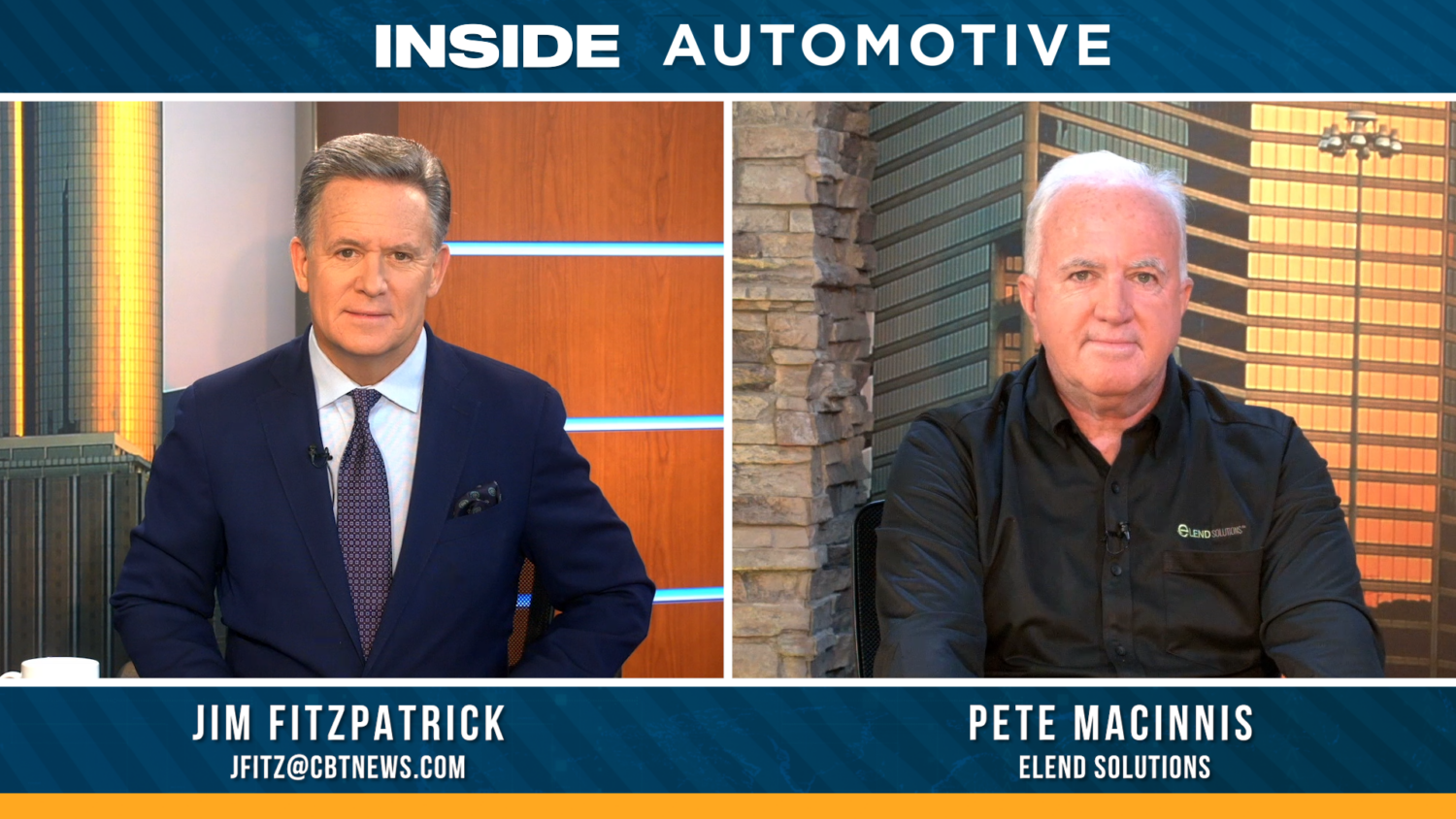Somewhere between the so-called “normal,” “COVID normal,” and “new normal,” we got it into our heads that it’s okay to be an order taker. That customers were so obsessed with convenience that our websites would become the sales engine of the dealership. Select the interior and exterior color of your Camry and click submit. Your new Toyota will be ready to ship tomorrow! Who needs a sales team? Who needs a closer? Tell the GM to pack his bags!
Hyperbole aside, the debate between speed and quality is long-running, very real, and has become even more acute since the pandemic. Terms like digital transformation have taken on new meaning and in some cases, this helpful technology has been twisted into scenarios that remove the very core purpose of a dealership: to sell cars and build lasting relationships with customers. Make no mistake: Customers want to spend less time. They always do. According to the 2022 Cox Automotive Car Buyer Journey Report, overall customer satisfaction with the process fell five points, from 66% in 2021 to 61% in 2022. A key reason was time spent in the buying process: The typical buyer took over 14 hours to complete the transaction, with an hour more time spent online and 20 minutes more spent at the dealership.
Consider, also, the annual dealer survey from eLEND Solutions. In 2021, just as car buying was settling into that “new normal” business mode, we found that “Digital Retail-initiated” deals led to faster in-store transaction times: 53% said that times were reduced by up to one hour, and 21% said customers saved more than an hour.
The takeaway? Customers want efficiency, not speed. They crave quality done right. They simply do not want to waste their valuable time no matter where they are. They’re not satisfied with trading one hour in the dealership for one hour at home online; they want a streamlined process that answers their questions and gets them the vehicle they want. This is big because we used to think that customers were fine spending hours researching third-party websites but didn’t want to spend hours at the dealership. It turns out that they really aren’t okay with that.
This is where dealerships come in, because dealerships provide the car and the direct relationship that customers clearly need to speed up the transaction and save some of their precious weekend/evening time. After all, you’re selling a car and new cars cost on average about $48,000. Buyers will naturally have many questions about it; they’ll want a test drive and want to do business with people they know and trust. This is more so the case today than ever before. According to the CDK Global 2023 Friction Points Study, 76% of car shoppers surveyed said they wanted to take their time to understand their options, up from 67% in 2021. That’s not speed, but quality. Yet still, we can all agree that customers are loud and clear that they want to spend less time in the transaction process. So, what gives?
When dealerships use technology to speed the transaction and focus on the things that matter — like answering questions and respecting the customer’s time — it helps to improve relationships and thus increases profitability. We saw this as far back as 2019 in our survey of dealerships: 92% agreed that digital retailing has a positive impact on sales, 80% said the same on the customer experience and 68% saw a positive impact on profitability.
It’s not speed vs. quality. Customers want quality done right, the natural outcome of which is less time spent twiddling thumbs or staring at a screen:
- Speed and quality aren’t opposing factors. Digital retailing is about efficiency, which incorporates both elements to enhance the buying experience and builds stronger relationships inside the dealership. Speed and quality aren’t trade-offs, but rather interdependent elements that work to optimize the experience.
- Translate “speed” into saved time, found by an improved process driven by technology. That can manifest in many ways: From advanced vehicle search options and instant credit decisions to lender matching and digital contracting, speed in each step fosters an accelerated and streamlined digital path-to-purchase. That leaves more time for relationship building.
- Accuracy and transparency drive a “quality” experience. Quality is evident in the accuracy of a trade valuation, a fair and honest negotiation process, precision payment option quoting, and a seamless, non-redundant workflow. Quality is the foundation of trust and customer satisfaction in digital retailing.
Ultimately, customers want their time to mean something valuable. Don’t we all? That can never happen on a website but can — and does — happen at your local dealership. Technology like digital retailing helps dealerships eliminate wasted time and get right to the point: selling cars and building relationships.



 Watch now:
Watch now: 